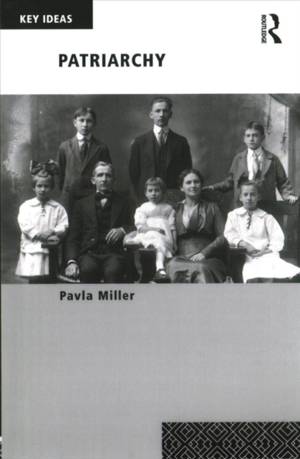
- Retrait gratuit dans votre magasin Club
- 7.000.000 titres dans notre catalogue
- Payer en toute sécurité
- Toujours un magasin près de chez vous
- Retrait gratuit dans votre magasin Club
- 7.000.0000 titres dans notre catalogue
- Payer en toute sécurité
- Toujours un magasin près de chez vous
Description
Patriarchy, particularly as embedded in the Old and New Testaments, and Roman legal precepts, has been a powerful organising concept with which social order has been understood, maintained, enforced, contested, adjudicated and dreamt about for over two millennia of western history. This brief book surveys three influential episodes in this history: seventeenth-century debates about absolutism and democracy, nineteenth-century reconstructions of human prehistory, and the broad mobilisations linked to twentieth-century women's movements. It then looks at the way feminist scholars have reconsidered and revised some earlier explanations built around patriarchy. The book concludes with an overview of current uses of the concept of patriarchy - from fundamentalist Christian activism, over foreign policy analyses of oppressive regimes, to scholarly debates about forms of effective governance. By treating patriarchy as a powerful tool to think with, rather than a factual description of social relations, the text makes a useful contribution to current social and political thought.
Spécifications
Parties prenantes
- Auteur(s) :
- Editeur:
Contenu
- Nombre de pages :
- 160
- Langue:
- Anglais
- Collection :
Caractéristiques
- EAN:
- 9781138692442
- Date de parution :
- 01-10-17
- Format:
- Livre broché
- Format numérique:
- Trade paperback (VS)
- Dimensions :
- 196 mm x 127 mm
- Poids :
- 204 g

Les avis
Nous publions uniquement les avis qui respectent les conditions requises. Consultez nos conditions pour les avis.






